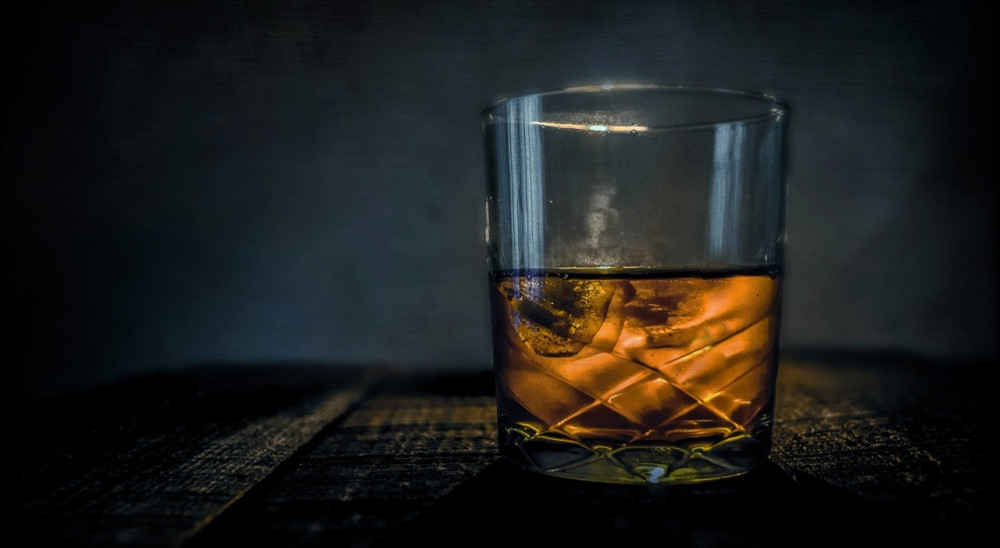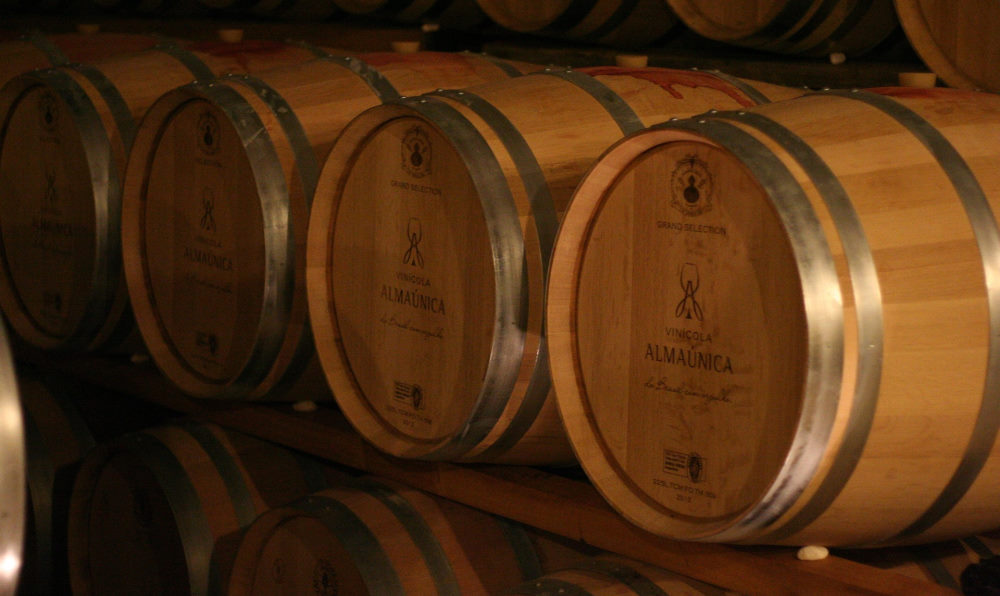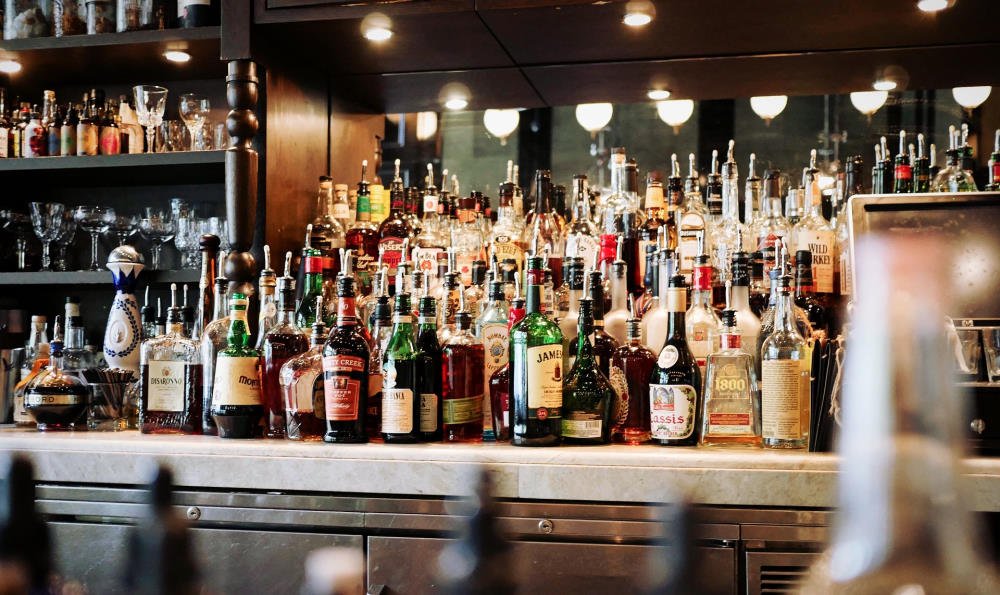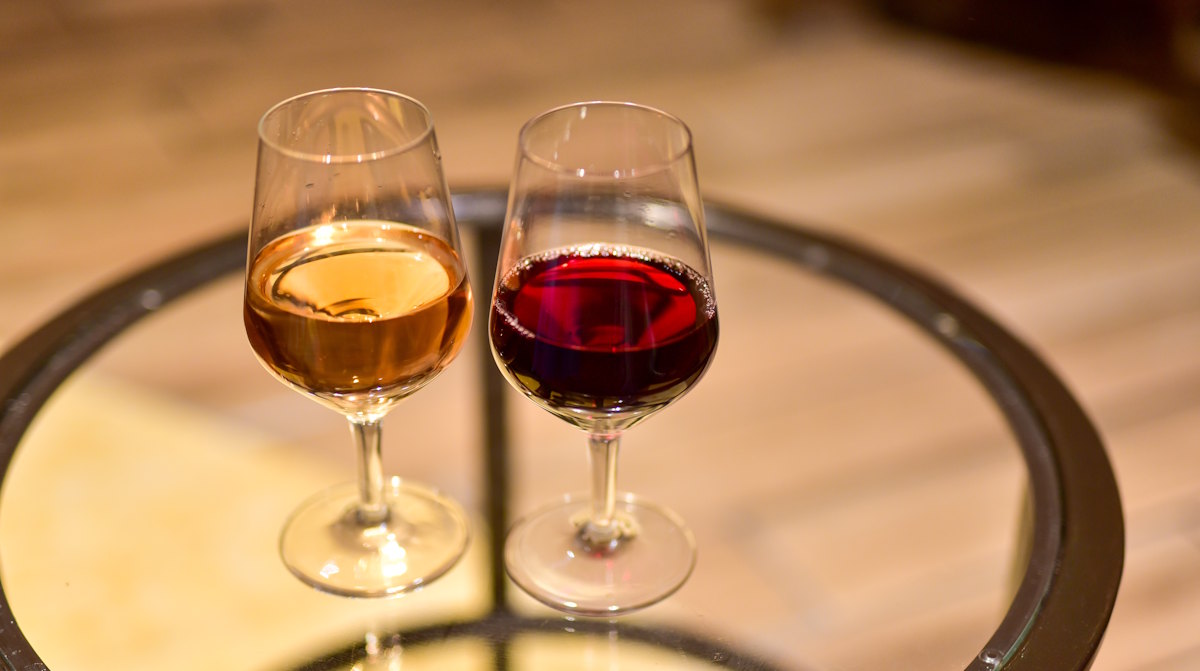Whiskey, Scotch and Bourbon are types of liquor often drank on their own or with a little ice, and can also be star players in a cocktail. All three are no problem to find at your local liquor store. For most people, you either love it or you hate it. But what’s the difference between these three highly alcoholic beverages? With each looking identical in the glass, the distinction between the three has puzzled the general public since the beginning of time. Plus, it doesn’t help that they taste kind of similar to newcomers – admit it.
While it may seem like a rather pointless piece of knowledge, you’re sure to know at least someone passionate enough about whiskey to care, whether it’s your grandmother, your barber or your father-in-law. In order to not disappoint the dark liquor aficionados in your life, nail down this important fragment of knowledge before it’s too late.
In this article, we’ll seek to demystify the world of dark liquor once and for all, breaking down the key differences and similarities between Bourbon, Whiskey and Scotch.

The Similarities
When looking at the similarities of Whiskey, Scotch and Bourbon, we have to start with Whiskey. That’s because Whiskey is technically the father – all Scotch and all Bourbon is Whiskey. But it doesn’t work in reverse. There are some whiskeys that are neither Scotch or Bourbon. Got it?
Since “Whiskey” is an umbrella term similar to “wine”, it includes all sorts of beverages, including Bourbon, Scotch, Rye, Irish Whiskey and more. But despite sharing a name, these three drinks have a quite a few differences…
The word “Whiskey” comes from an Irish phrase meaning “water of life”. But keep in mind it tastes and acts nothing like water – drink enough and it’ll surely either put you to sleep or on the floor. All Whiskey is made with fermented grains before being aged in oak barrels. ‘Grain’ is quite vague, as it’s generally left up to the distiller whether they want to use barley, rye, corn, wheat, or everything at once. In the glass, they’re indistinguishable.
But that’s about it for the similarities. Here’s what make Bourbon and Scotch unique from Whiskey:
The Differences

Bourbon
Bourbon is a type of American Whiskey popular in the ‘Mint Julep’, ‘Manhattan’ and ‘Kentucky Mule’, among others. This drink has deep ties to the American South, particularly Kentucky, but not all Bourbon must come from Kentucky – the labels on bottles of real Kentucky Bourbon will be sure to let you know where they’re from.
There are some strict rules that separate Bourbon from Whiskey, and the American Bourbon Association is there to make sure you stay in line. It’s because of these tight boundaries on production that the quality and character of Bourbon has lived on for 150 years.
Perhaps the biggest distinction between Whiskey and Bourbon is the recipe. Bourbon must be made in the United States, and it must be made from at least 51% corn (where it gets its slightly sweeter taste from). There are also rules around alcohol levels – all Bourbon must be at least 80 proof, or 40% ABV. Finally, all Bourbon must be made without colouring or flavour additives – something normally present in other whiskies.
When the fermenting is complete, Bourbon must be aged in new charred oak barrels from American white oak. That’s where the drink gets its colour and classic flavour notes. Before the barrel-aging process begins, all Bourbon must be no more than 160 proof, or 80% ABV, and no less than 125 proof, or 62.5% ABV. Airflow is another popular belief among Bourbon enthusiasts. It goes that by storing Bourbon barrels on their side in ricks, the airflow helps create a different product vs. other Whiskey barrels aged standing up on pallets or the ground.
Scotch
Scotch is another variant of Whiskey with its own flavours and methods of production. But the rules around producing Scotch Whisky are far less stringent than those for making Bourbon. The first difference that you might’ve noticed is the spelling (that wasn’t a typo in the previous sentence). The umbrella term is spelled “Whiskey”, while the Scotch version decided to drop the ‘e’ and call it “Whisky”.
The other key difference is in the name. As you might’ve already guessed, Scotch get its name from the Scottish, and therefore must be made in Scotland to be labelled Scotch.
The recipe is the final area of distinction between Whiskey and Scotch Whisky, outlined in The Scotch Whisky Regulations of 2009. The product is distilled from a grain mash of malted barley and other cereal grains. The only additives you’re allowed to include are water and caramel colour, and when it comes to fermentation you can only add yeast. When you reach the aging process, Scotch Whisky must be matured in oak casks for a minimum of three years. Finally, the end product must be under 94.8% ABV and at least 40% ABV.

To complicate matters slightly, Scotch Whisky is available in various types. Single malt is made in single batches and contains only barley. Blended malt contains at least two single malt Scotches made in separate distilleries. Blended grain is made from at least two single grain whiskies in separate distilleries. The list goes on.
As we’ve learned, Bourbon and Scotch have their own unique production methods and rules, which lend themselves to slightly different colours and taste profiles. But these are just two types of Whiskey. To dive deeper into the Whiskey world, be sure to read up on Canadian Whisky, Tennessee Whiskey, Irish Whiskey and the rest.
To grab yourself or a loved one a bottle of Whiskey, pop into a Springs Group liquor store near you and our friendly staff will be pleased to help. We even do curbside pickup and delivery!



